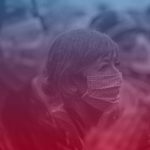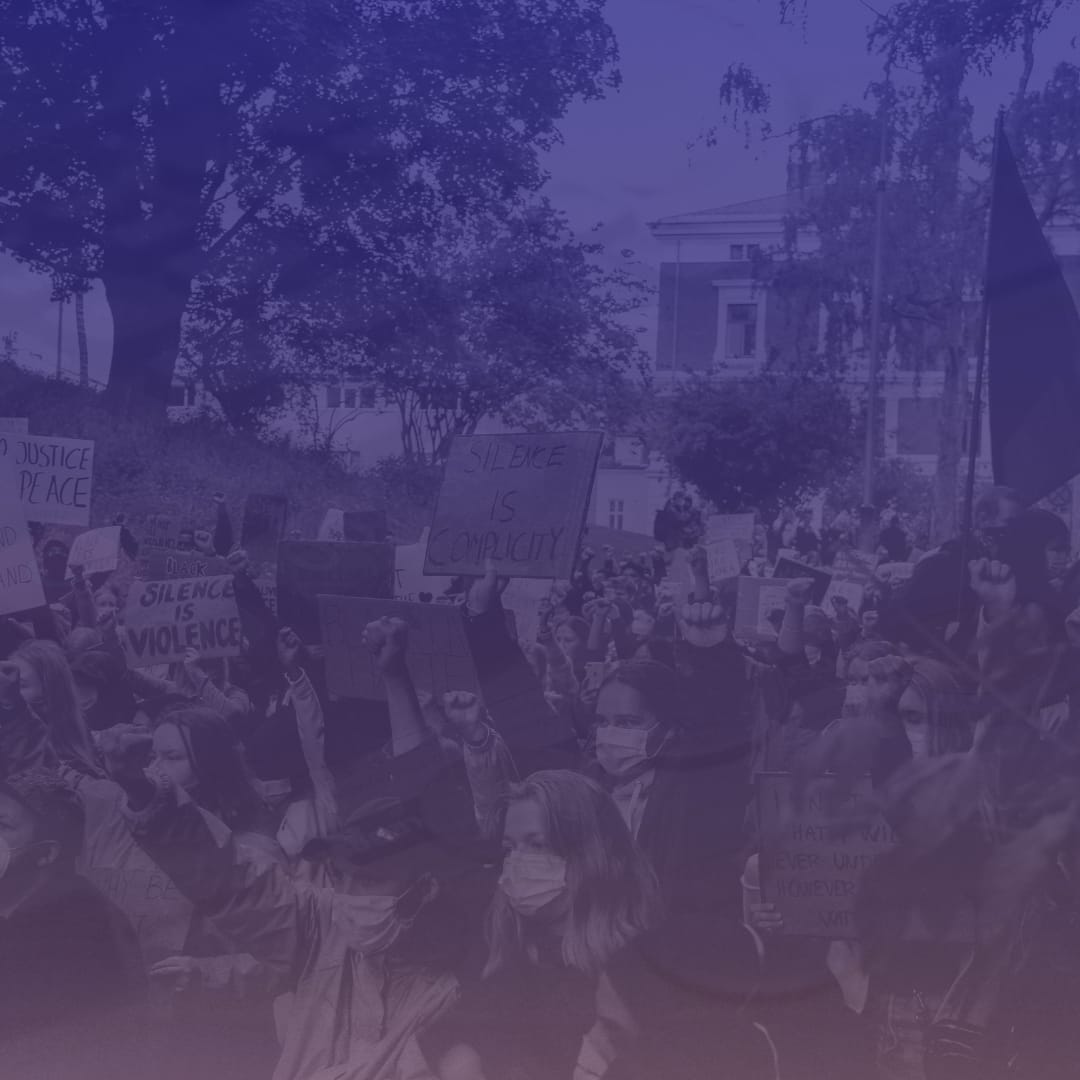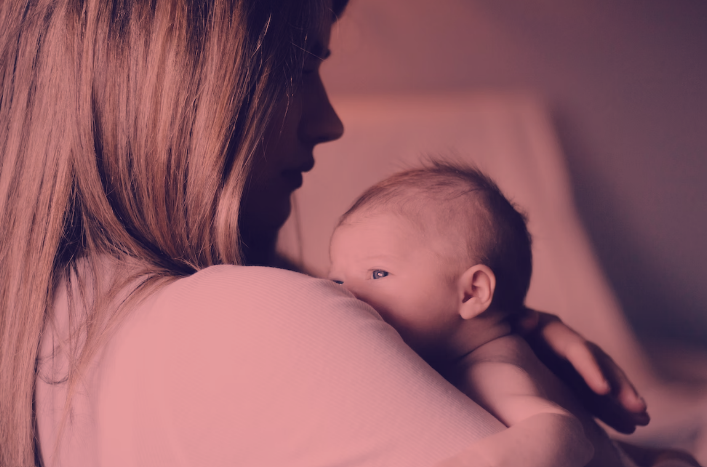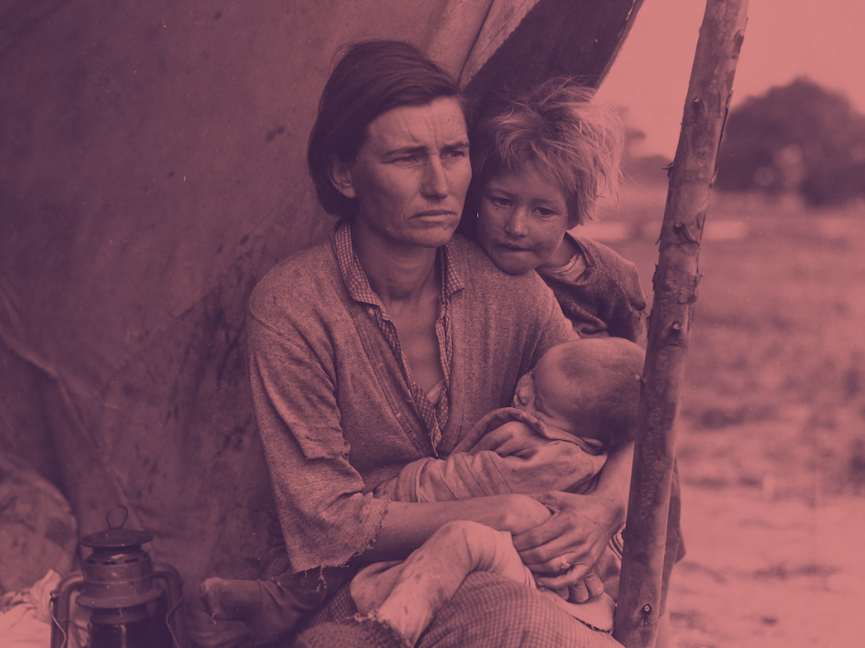
Written by Sumudu Lankika Ginigathgala
Let us travel back in time: the date is 31 October 2000. Feminist transnational advocacy networks around the world are celebrating the birth of a new resolution.
This novelty is the United Nations Security Council Resolution 1325 (UNSCR 1325), a resolution that highlights the distinctive impact of wars on women, as well as the role of women in peacekeeping and peacebuilding. Since this day, the United Nations Security Council (UNSC) has adapted a total of eight resolutions which together represent the Women, Peace and Security Agenda (WPS).

UNSCR 1325 and the European Union
UNSCR 1325 is not just a resolution, it is a political framework that requires UN member states to secure an increased representation of women’s participation in every phase of peacebuilding and conflict management.
Furthermore, the European Union is an important security, development and political actor that has launched over 30 civilian missions and military operations since the Common Security and Defence Policy (CSDP) became a reality in 1999. CSDP provides the EU with an operational ability to enact civilian missions and military operations across the world. These operations involve: “humanitarian and rescue tasks; conflict prevention and peace-keeping tasks; tasks of combat forces in crisis management, including peace-making; joint disarmament operations; military advice and assistance tasks [and] post-conflict stabilisation tasks”. (EU’s Common Security and Defence Policy, 2009)
Many milestones have been achieved over the past 18 years. At present Europe is the continent that has the highest number of countries that have adopted a National Action Plan (NAP). A NAP is a requirement for implementation of UNSCR 1325. As of 2018, twenty-five countries in Europe have a NAP, eighteen of which are EU Member States. The EU Member States still remaining to implement NAPs are Bulgaria, Cyprus, Greece, Hungary, Latvia, Luxembourg, Malta, Poland, Romania, and Slovakia. (European Peacebuilding Liaison Office, 2018)
Nonetheless, the EU still faces many challenges when it comes to operationalizing UNSCR 1325. In fact, in order to ensure a significant implementation, an increase of women’s leadership in EU foreign policy is essential. Promotion and support of women’s active participation at every level in every peace process, as well as women’s representation in formal and informal decision-making, is a must. Lastly, the protection of women in situations of conflict and the prevention of women becoming victims or perpetrators is crucial.
Does the proportion of women in peacekeeping missions have an impact on international security?
Female peacekeepers are essential for many of the functions carried in every peacekeeping domain during operations. Furthermore, women’s involvement contributes to sustainable peace and a greater protection for women’s rights resulting in an improved well-being of women and girls in conflict-affected regions and a positive impact on peacekeeping environments. It is, therefore, crucial to increase the representation of female military in peacekeeping operations. Hence, in theory, an increase of women’s participation in peacekeeping is advisable. Nonetheless, practice does not yet follow.
Did you know that between 1957 and 1989, only a total of only 20 women served as UN peacekeepers out of around 20,000 military personnel involved in peacekeeping? Or that between 1990 and 2000, only 11 percent of peace agreements (17 out of 664) included at least one reference to women? (UN Security Council, 2014) There has been much momentum and confidence after the adoption of UNSCR 1325 resulting in an increase of the number of women in UN peacekeeping it. Nonetheless, the actual numbers remain low.

One may regard peacekeeping missions as institutions. From this point of view, these are, in a lot of cases, not gender-biased. Historically though, the military exhibits more defined gender boundaries than any other national institution. It would not be wrong to say that national militaries are the biggest peacekeeping institutions in the world and in a lot of cases they have a very strong masculine environment. Therefore, it would be impossible to comprehend international security by excluding gender, the ways gender influences different patterns of behaviour, as well as circumstances.
UNSCR 1820 and the Nobel Peace Prize 2018
Today, 18 years after the adoption of UNSCR 1325, feminist transnational advocacy networks are also celebrating the passing of a decade since the UNSC adopted Resolution 1820 in 2008. This was the first resolution within the WPS to enshrine that the use of sexual violence as a weapon of war and armed conflict represents both a war crime and a threat to international peace and security.
The joint attribution of the 2018 Nobel Peace Prize to Denis Mukwege and Nadia Murad “for their efforts to end the use of sexual violence as a weapon of war and armed conflict” (The Nobel Peace Prize, 2018) is a real-life example of the importance accorded to UNSCR 1820. Denis Mukwege, who has medically treated thousands of rape cases in the Democratic Republic of Congo (DRC) is today an international symbol of the struggle to end sexual violence in war and armed conflict settings. Nadia Murad is one of an estimated 3000 Yazidi girls and women who were victims of rape and other abuses committed as a part of the Islamic State’s (IS) military strategy. These actions by the IS’s army constitute war crimes..
Globally challenges related to international security are constantly changing. Therefore, new approaches are required. Understanding the importance of gender and drawing conclusions from these findings is very complex. As gender is not synonymous with women, solely increasing the proportion of women peacekeepers will not be a sufficient remedy.
References
The Nobel Peace Prize (2018). Retrieved from: https://www.nobelprize.org/prizes/peace/2018/summary/ (14/10/2018).
Factsheet “EU Missions and Operations As part of the EU’s Common Security and Defense Policy (CSDP).” Retrieved from: https://eeas.europa.eu/csdp-missions-operations/euam-iraq/35509/eu-missions-and-operations-part-eu%E2%80%99s-common-security-and-defence-policy-factsheet_en (03/10/2018).
EPLO (European Peacebuilding Liaison Office) “UNSCR 1325 in the EU member states.” Retrieved from:
http://eplo.org/activities/policy-work/gender-peace-security-2/implementation-of-unscr-1325-in-europe/ (18/09/2018).
UN Security Council (2014). Retrieved from: https://www.securitycouncilreport.org/un-documents/women-peace-and-security/
(18/09/2018).
- Gender equality
- Gender Matters: Intersectional Feminism as a Leitmotif for EU politics
- Women's Rights

 What Happened to the Polish Left? An Analysis of the Party’s Ideological Development and Changing Electoral Base
What Happened to the Polish Left? An Analysis of the Party’s Ideological Development and Changing Electoral Base  Struggle for Conservation of Slovenian Minorities in Austria, Italy and Hungary: Why does Multilateral Action Matter?
Struggle for Conservation of Slovenian Minorities in Austria, Italy and Hungary: Why does Multilateral Action Matter?  The Nature Restoration Law: A Significant Milestone or An Example of the EU Green Deal Losing Momentum?
The Nature Restoration Law: A Significant Milestone or An Example of the EU Green Deal Losing Momentum?  The Role of Women in Peacebuilding and Conflict Transformation
The Role of Women in Peacebuilding and Conflict Transformation 


